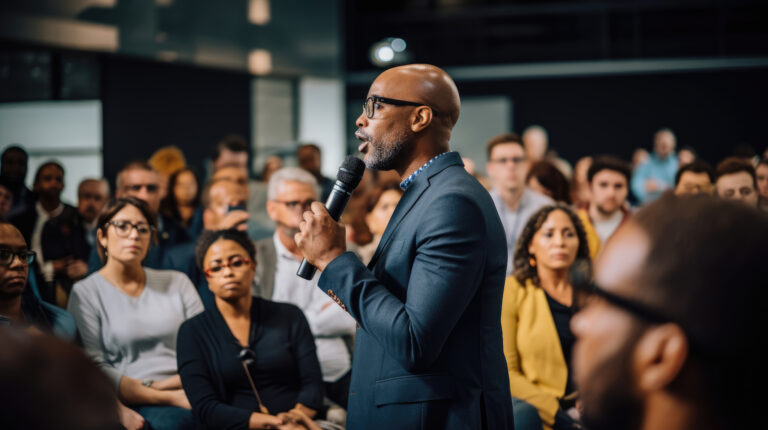Why the hardest fought gains matter the most
The “Weber–Fechner law” describes the relationship between stimulus and human perception. Simply put, our ability to notice change is not linear.

The “Weber–Fechner law” describes the relationship between stimulus and human perception. Simply put, our ability to notice change is not linear.

In leadership, harmony isn’t about splitting the difference. It’s about choosing the melody first, then finding the rhythm that supports it.

For those of us who sit in the superintendent’s chair, the year is not a straight line. It is a series of cycles, each with its own tempo, tone and tension.

The work of district leadership is not just doing the hard things, but capturing how they were done so others can do them too.

In governance, as in leadership, movement without balance does not create progress; it creates circles.

When someone lands their first district leadership role, I like to offer a lighthearted welcome: “Congratulations! You now get to work half-days… you can choose the first 12 hours or the second.”

A governance manifesto acts as a “North Star,” aligning every AI effort with shared district priorities and ensuring cohesive implementation.

After nearly two decades serving as a superintendent, I’ve learned that experience alone does not ensure wisdom. Reflection does.

Activism energizes public discourse and calls attention to systemic needs but advocacy channels that energy into sustainable progress.

Gratitude is not just an emotional response. It is also a practice, a discipline and even a form of resistance against despair.
End of content
End of content